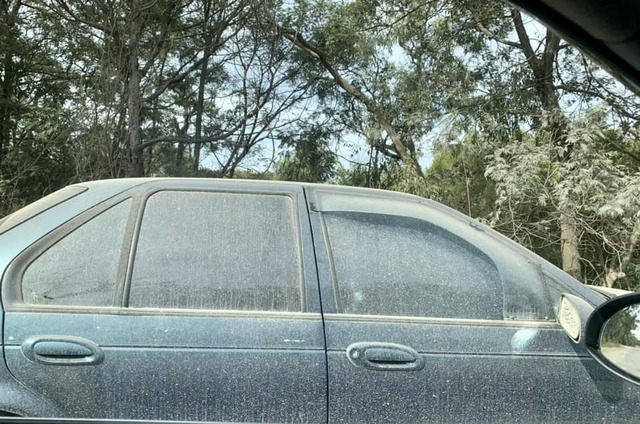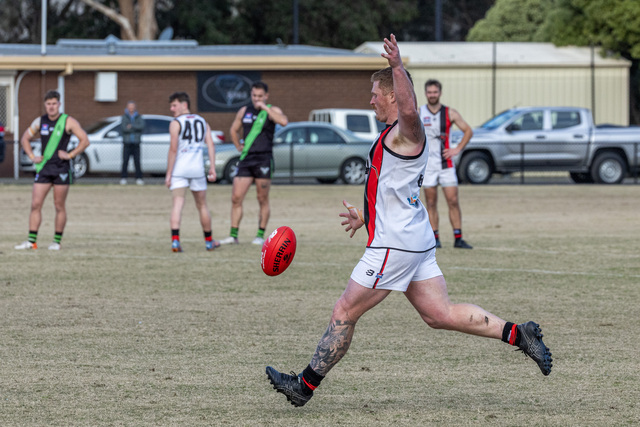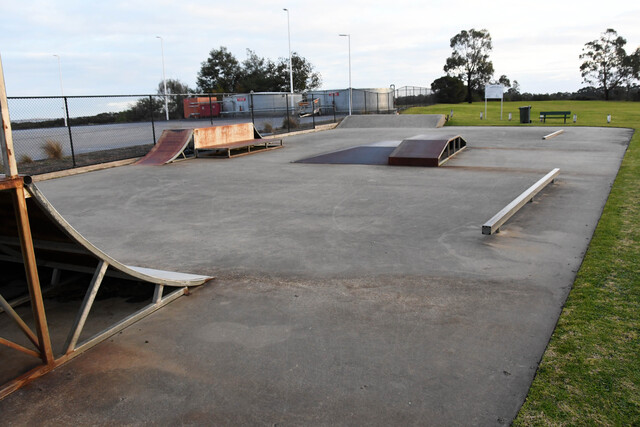By Bridget Brady
A WEIGHT has been lifted from Devon Meadows landowners who have been excluded from Casey’s Urban Growth Boundary (UGB) investigation area.
But the residents say they will continue to rally for their fellow neighbours who remain in the investigation area and face the prospect of paying a $95,000 per hectare tax if they sell their land.
Residents Margie Elliott and Margaret and Charlie Hili are celebrating after last week hearing news their properties had been left out of the UGB investigation area after a revised boundary was released.
Parts of Devon Meadows and Clyde have been excluded, including not-for-profit Oakwood Riding School.
For the City of Casey, the amount of land now included in the investigation area is 5560 hectares.
Mrs Elliott said she was delighted that her three-acre property on Browns Road had been excluded.
“It was very exciting. We like to think all of the letters we wrote had some sort of impact,” she said.
However Mrs Elliott said she did not have complete confidence that the boundary would not be changed again, but hoped this was the final product.
“I’d be devastated if they were to change it because it has given us hope.”
Under the Growth Areas Infrastructure Charge scheme, land owners whose land falls within the UGB from 2009 will be charged a levy of $95,000 per hectare when they sell.
Mrs Elliott said she shared the fury of others who believe the tax was applied to the wrong people at the wrong time, and should be put in place at the point of development.
“They are taxing the wrong people. We have to fight it.”
Mrs Hili said the tax was “silly and unjust”.
“It’s just not thought out at all.”
Mr Hili said he was on a “semi-high” for the moment.
“While I’m really happy it is still bittersweet for everyone else,” he said.
Mrs Elliott said she wanted to continue to support other residents who faced the tax.
“I wasn’t confident we would get this boundary changed… there is always hope. While people have a voice there is always hope.”
As part of the changes, landowners on two hectares or less will be exempt from the tax.
One Oakwood Riding School director Michael Hocking said it looked like the school had been excluded from the new boundary.
“You think it would have been nice for them to sort this out before it caused us all this grief,” he said.
Rural sales consultant at First National Real Estate in Cranbourne Shane Howard said the new boundary provided “a bit of a balance”.
Mr Howard said some of the land that had now been excluded was low-lying land that could be prone to excessive water during high rainfall.
Mr Howard said the tax was unjust because owners of the land at the time of development would reap the rewards of the windfall, and not the landowners who paid the tax as the property was sold.
“It’s wrong in that sense. It should be paid at the time of development. There doesn’t seem to be any logical reasoning other than a money grab. The right people have to pay the tax.”
>>>Turn to page 4 for more stories.
Land tax reprieve
Digital Editions
-

“What’s in the air?“ SBI landfill dust concern lingers
Three years after the SBI landfill first came to public scrutiny for offensive odours, residents say they are still left in the dark about potentially…





